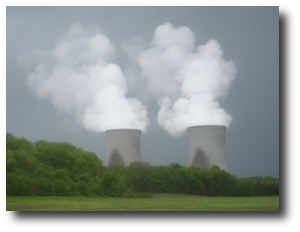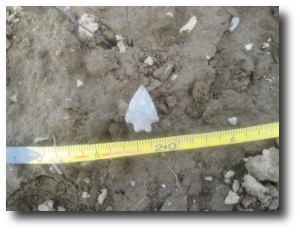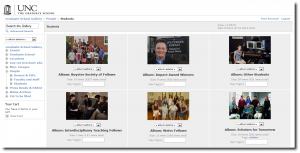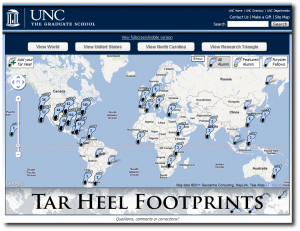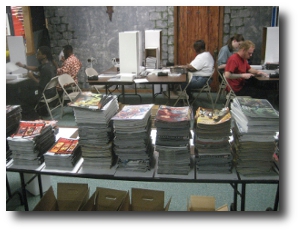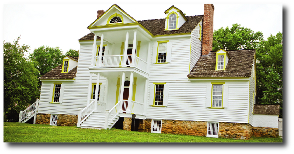Archaeological Field Technician
Working as a field technician for GAI Consulting began my foray into professional archaeology. Archaeology is significant for the same reasons that art, literature, philosophy, and history are. Archaeology is essential simply because many people enjoy learning, comprehending, and reflecting. The study of archaeology satisfies the essential human yearning to comprehend our origins and, perhaps, our own human character. Some even argue that studying archaeology allows for cultural self-reflection, which will help us build a stronger basis for our collective future. In archaeological survey or field survey is a type of field research in which archaeologists (often landscape archaeologists) search for archaeological sites and collect information about the location, distribution, and organization of past human cultures over a large area . Archaeologists conduct surveys to look for specific archaeological sites or types of sites, to detect patterns in the distribution of material culture across regions, to make generalizations or test hypotheses about past cultures, and to assess the risks that development projects will have an adverse impact on archaeological heritage.
My first project involved significant phase one survey work near the Bell Bend nuclear power facility outside Bloomsburg, Pennsylvania. I gained significant experience with survey techniques, and I found my first prehistoric lithics.
Following the Bell Bend project, I worked on a phase two investigation, which involved more extensive excavation at a known archaeological site. The site was nestled in the mountains of western Virginia and was related to the expansion of a coal power plant. I found significant deposits of lithic debitage while excavating meter-by-meter square test units.
